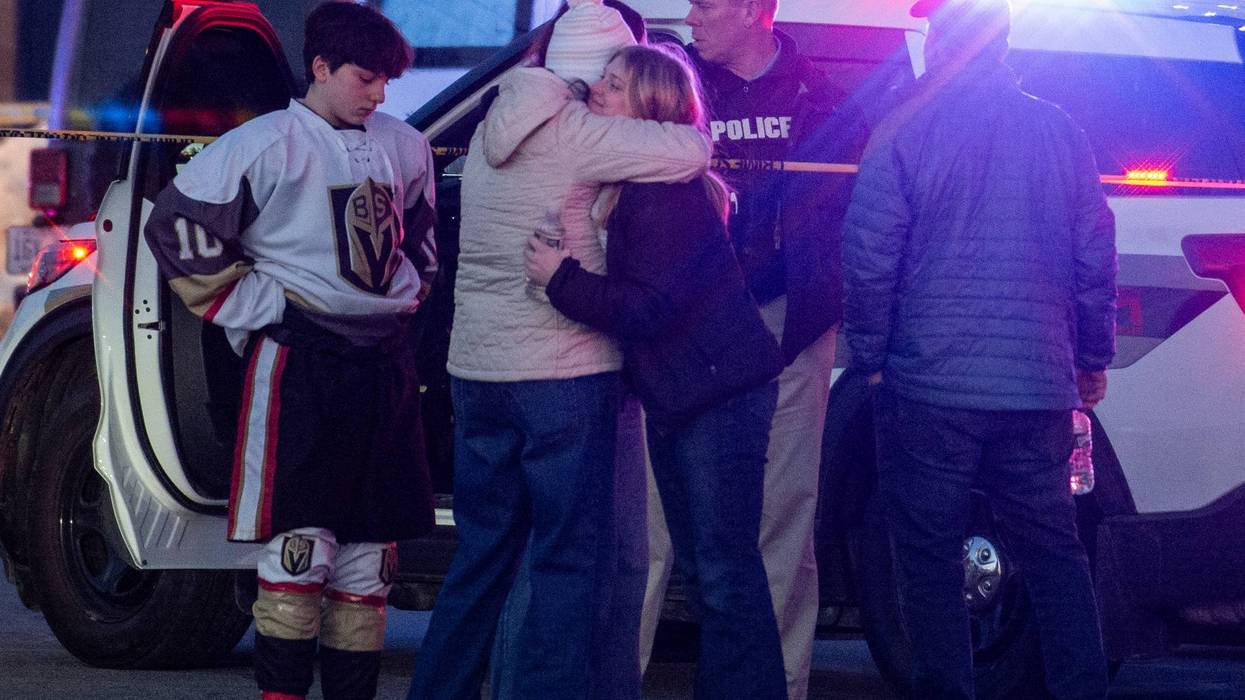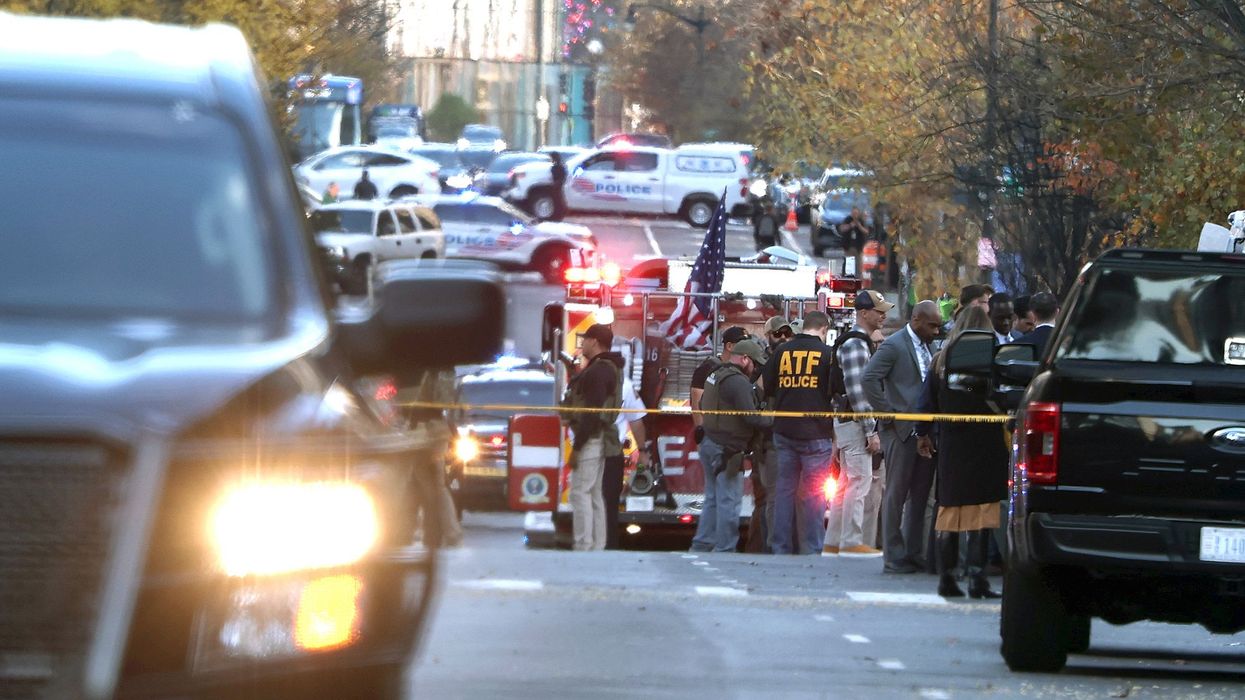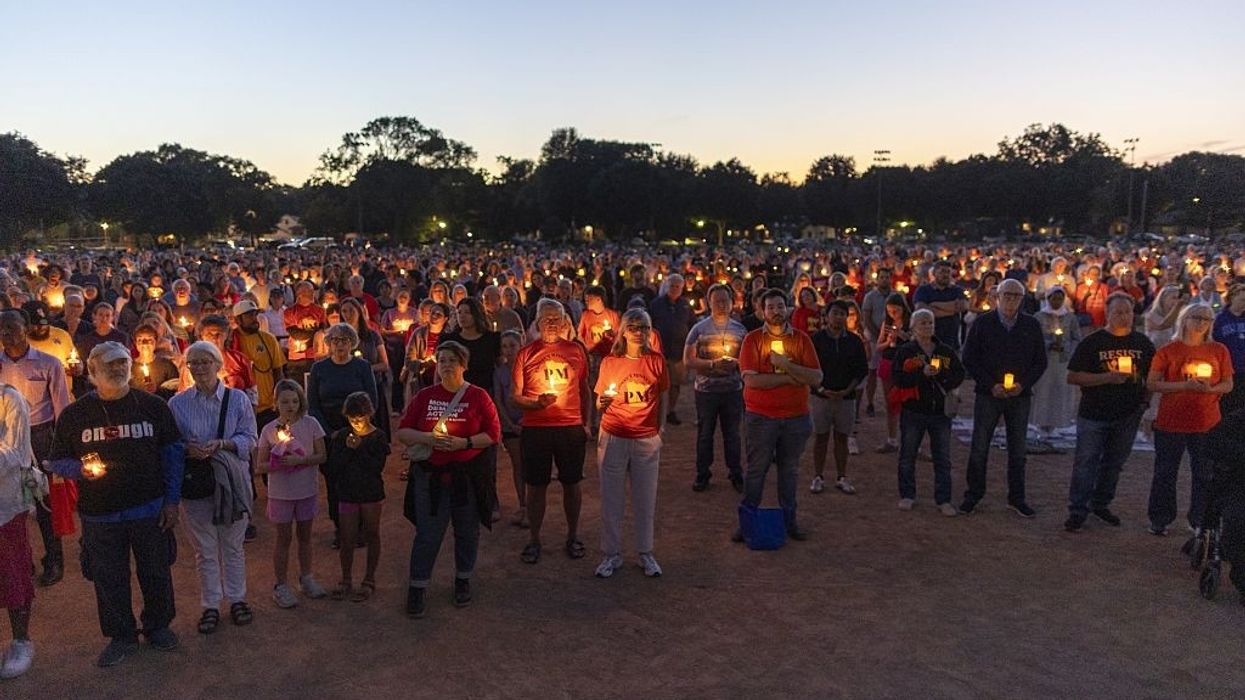I spent the better part of 2025 engaged in a research project with the Afghan community in the state of Vermont. I conducted a large survey, a series of interviews, and a national data analysis aimed at assessing the socioeconomic well-being of Afghans in the state, four years after the US ended its 20-year occupation in Afghanistan, which led to the subsequent fall of Kabul and the largest airlift in US history. Over 200,000 Afghans most closely allied with US operations have since been resettled in communities around the US, including Vermont.
Over the course of 2025, I spent a lot of time working side by side with Afghans, in Afghan homes, in conversations around coffee tables, and at community gathering spaces, getting to know Afghan Vermonters. One can of course never generalize about the "nature" of an entire population; however, in my experience, Afghans were overwhelmingly kind, welcoming, generous, and at the risk of repeating a common trope associated with liberal-American ideology, incredibly hardworking. It feels ridiculous to even have to type these words, but at no point did I feel in danger, like I was amid "criminals," or any other ludicrous claims the Trump administration and their ilk try to place on entire groups of people, just because they have arrived from other countries. The hundreds of Afghans I engaged with always met me with a smile, offered me phenomenal tea and snacks, and were generous with their time, candidly sharing their experiences in the US.
Western civilization created the conditions in which Lakanwal suffered severe mental health issues, and once he was brought to the US, created the conditions in which Lakanwal had likely limited healthcare supports, reportedly dire economic struggles, and it is safe to assume all too easy access to a gun.
Certain uninformed parties might say, “They played you like a fool, those absolute criminals!” So, anecdotal evidence aside, and the fact that I lived to tell the tale of my experiences with these supposed criminals, we also have the data. And the data is vast.
As countless data-rich research projects, reports, policy analyses, and peer-reviewed journal article after peer-reviewed journal article show, immigrants in the US, across the board, unequivocally, are far less likely to commit a crime in the US than US-born persons. For an extensive but non-exhaustive list that just scratches the surface, see this resource I put together during the 2024 election cycle. What this data overwhelmingly show, if we can generalize anything about an entire subset of people like “immigrants” or “Afghans,” is that immigrants in America are overwhelmingly peaceful and law-abiding.
For the sake of countering one more MAGA lie that says immigrants and the services they receive are already too costly to the US taxpayer, let me point to the other endless data sets that show (time and time again) that immigrants from all backgrounds, from undocumented, to refugee, to O-1 visa holder alike, provide far more economic benefits to the US than they receive in governmental aid. Immigrants of all backgrounds, examined from many angles and subsets, pay far more into the US tax system than they receive in governmental expenditures and likewise contribute billions of dollars in spending and labor power into the US economy. Need we keep reminding ourselves that this country, after all, was built by immigrants? Correcting the past tense, this country will forever rely on immigrants in ways mainstream politicians seem to never admit.
The data I analyzed in the above-mentioned research is one more set proving this. Through a nationwide analysis of American Community Surveys, we showed that the recently resettled Afghan population in the United States (2021 and on) is already contributing far more in taxes than the costs associated with their resettlement and other support services (including SNAP, housing vouchers, Medicaid, and so on), a ratio that steadily improves each year of US residence per average Afghan household. What’s more is that Afghan spending power in the US (money left to spend after taxes) reached about $2 billion by 2023 (latest available data).
And the findings of our national data make sense given the results of the community survey we also conducted of a large portion of Afghan Vermonters. We found that Afghans in Vermont are highly employed: 73.6% of adult Afghans are currently employed, compared with the total Vermont employment rate of 65.3%. Because of systemic issues that must be addressed in Vermont and across the country, those employed Afghans tend to be paid far less than US-born workers. But even given this systemic wage discrimination, taxes paid through Afghan incomes provide a net gain to the US tax system, and their remaining earnings provide priceless benefits to their local, state, and national economies. I firmly believe that all humans, regardless of any economic benefit they may provide, deserve equal treatment, rights, and dignity, including freedom of movement to improve their lives, wherever that may be. However, for those who need the economics of it all, the truth is clear and undeniable.
In our report, I discuss the undeniable benefit Afghans have provided for Vermont and the country, explore the ways in which Afghans and New Americans still struggle in our communities, e.g. inherently lower wages than US-born people, and I provide a suggested list of policy solutions to improve Afghan and New American livelihoods here, which includes expanding free industry-specific ESL programs; streamlined credential evaluation and licensing for foreign-trained professionals; expanded access to higher education for English Language Learners; investment in affordable and flexible childcare; improved public transportation; and policy solutions at the national level that promote more streamlined pathways to Lawful Permanent Resident status for Afghans in coordination with family reunification efforts, which includes increased funding for legal aid services, to name a few.
Of course, rather than supporting immigrant communities that are so deeply important to the country, President Donald Trump is taking the opportunity to further attack them for political gain. He is twisting the contexts and conditions of last month’s violence to push his far-right agenda, cutting off services that immigrants depend on, and imposing more draconian immigration bans that smack of the purest white nationalism.
Despite these challenges, refugees and immigrants of all statuses continue to contribute significantly to US society and the economy. As the endless research continues to show, refugees and immigrants of all backgrounds are not dangerous for the country and in fact in many ways keep it running.
So, if new Americans are not the problem as the Trump administration would have us believe, then what is? We come back to Ackerman: American Imperial aggression and a violent socioeconomic landscape is the problem. American violence in its many forms destabilized Lakanwal.
The US government is now treating all Afghans like criminals, when those same individuals in one way or another, for 20 years, aided the US in Afghanistan.
What’s become clear in the early days since this tragedy is that Lakanwal struggled with mental health issues that are unsurprising given what he has gone through. If Ackerman’s math is correct, Lakanwal was recruited into one of the CIA’s now infamous Zero Unit “death squads” at the age of 15. A good portion of Lakanwal’s formative years were spent as a child soldier employed by one of the deadliest armed forces in the world, the United States, in which he likely experienced and committed violence few of us could imagine, all at the command and employ of the US government.
“When he saw blood, bodies, and the wounded, he could not tolerate it, and it put a lot of pressure on his mind,” a friend of Lakanwal told the New York Times.
As Ackerman and others are astute to point out, the long-lasting legacy of imperialism has been known to come home in the form of violence.
And whatever affordable mental health support systems Lakanwal may have had in the US, which could have perhaps mitigated the effects of his trauma, were likely minimal.
Here we find American violence in the form of neoliberal policy. Once Lakanwal was resettled in the US, he was thrust into a harsh socioeconomic climate, where many manage to get by as the above data show, but when those with physical or mental illness falter, there are few services available to support them, particularly as the Trump administration has attempted to slash as much as possible, e.g. SNAP and healthcare subsidies. These forms of violence affect everyone including immigrants and are increasingly American.
American violence rears its head again in its abandonment of those in need.
American violence also rears itself in its refusal to regulate gun control in any meaningful way. The US accounts for 76% of public mass shooting incidents around the world, the vast majority conducted by US citizens. Public shootings are an American problem, not an immigrant or Afghan problem.
Western civilization created the conditions in which Lakanwal suffered severe mental health issues, and once he was brought to the US, created the conditions in which Lakanwal had likely limited healthcare supports, reportedly dire economic struggles, and it is safe to assume all too easy access to a gun.
I firmly believe that all persons should be treated with dignity, equality, and afforded the same rights as anyone else, no matter where they come from. There is, however, a deep and undeniable irony in all this that brings to light the true inhumanity of US immigration and domestic policy. That irony rests on the fact that the US government is now treating all Afghans like criminals, when those same individuals in one way or another, for 20 years, aided the US in Afghanistan (no matter how we feel about the occupation) and are still at great risk if they are sent back. They risk death in the context of a violence made possible by the outcomes of imperial violence turned abandonment. They should have been evacuated. They should be allowed to come to the US. They should be given the resources they need to thrive here. Instead, the Trump administration is using them as a scapegoat to churn forth with its nativist, fascist immigration agenda, while it cuts resources for all "old" and "new" Americans alike. The double-edged sword of the Trump administration’s violent opportunism knows no bounds.
If Western civilization is one that commits acts of violence around the world. If Western civilization is one that places profit and corporate lobbyists over the needs of its population. If Western civilization, in the American context, continues to refuse to regulate access to guns in any meaningful way. Then November 26's shooting was an American problem, not an immigrant problem.


